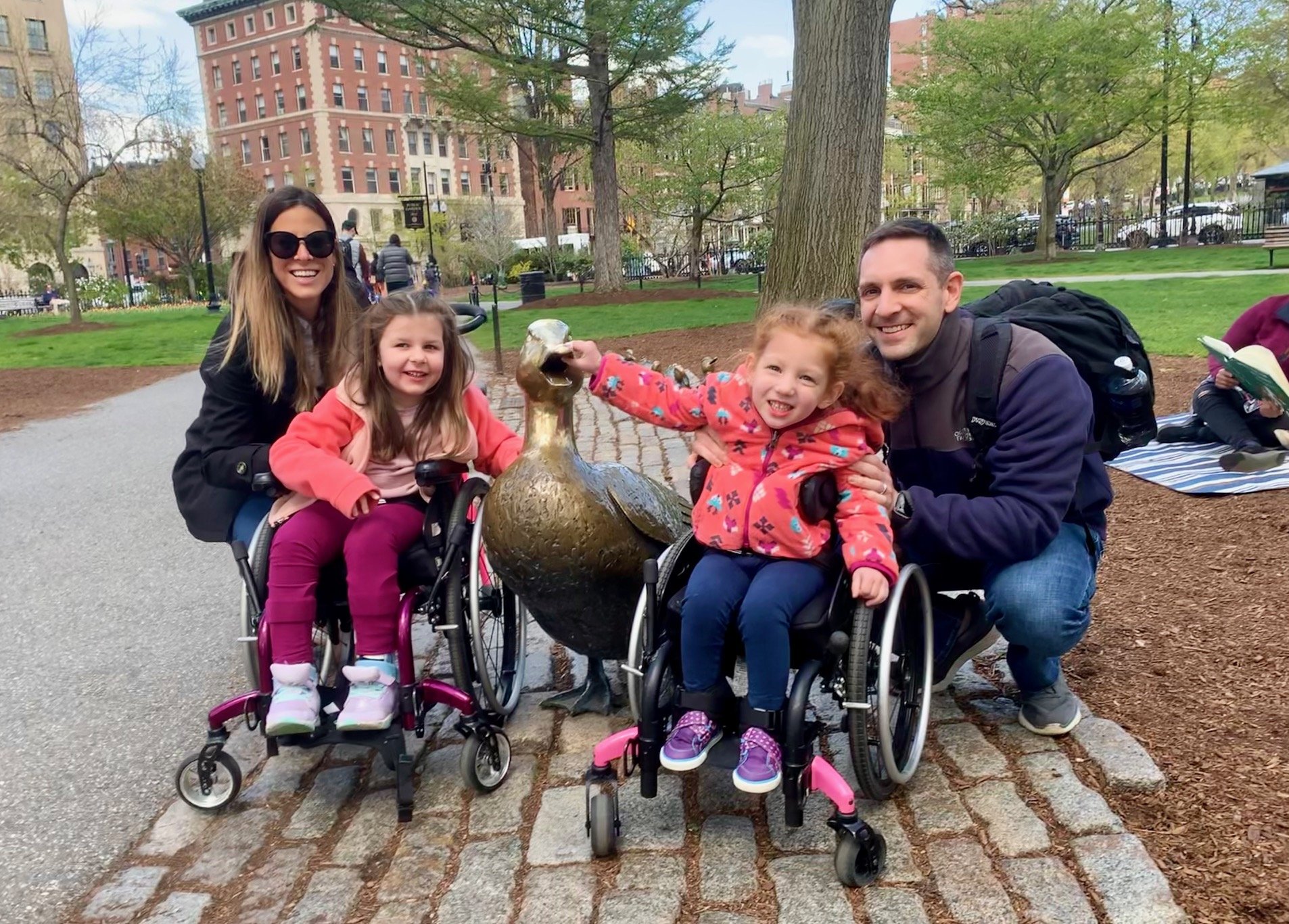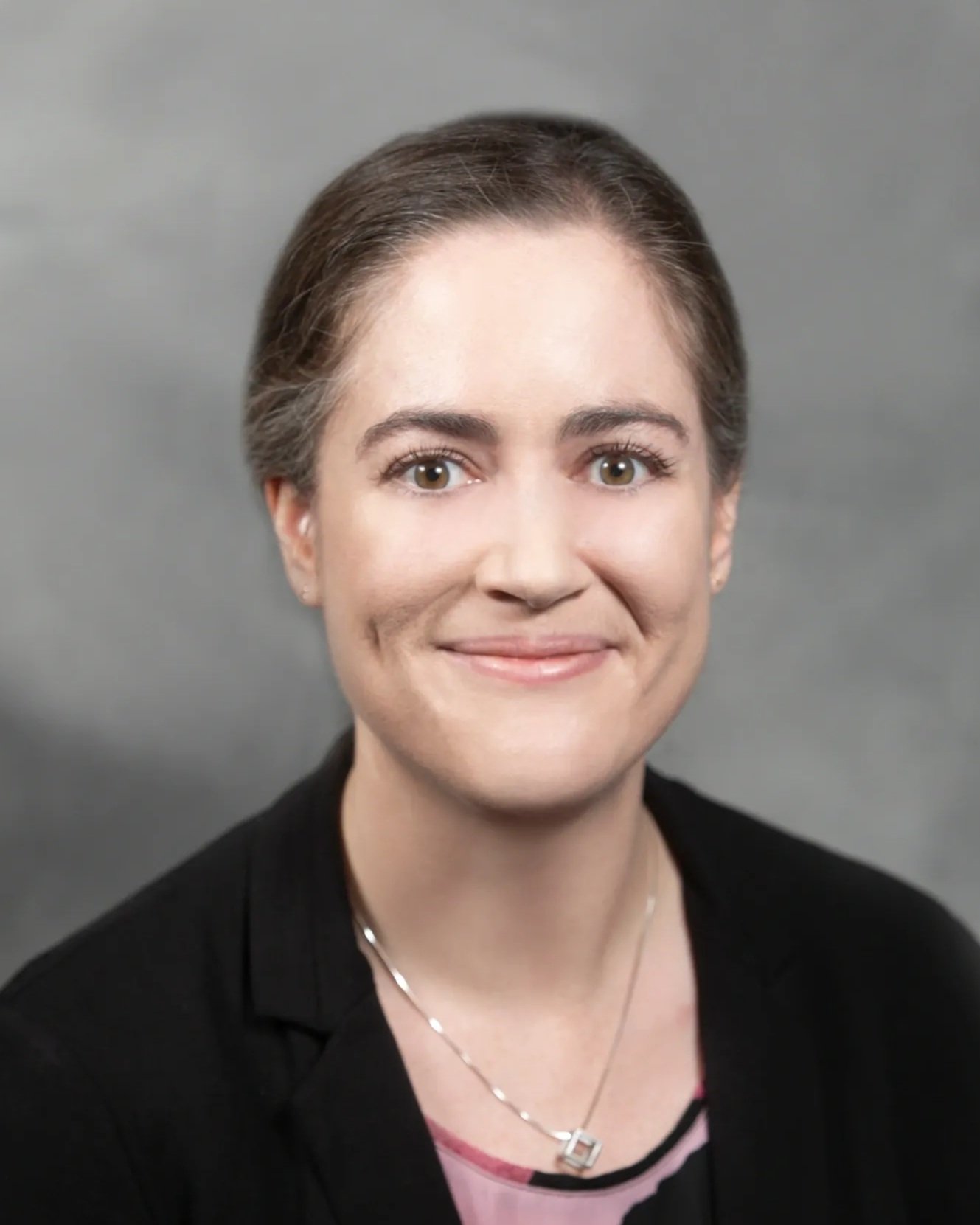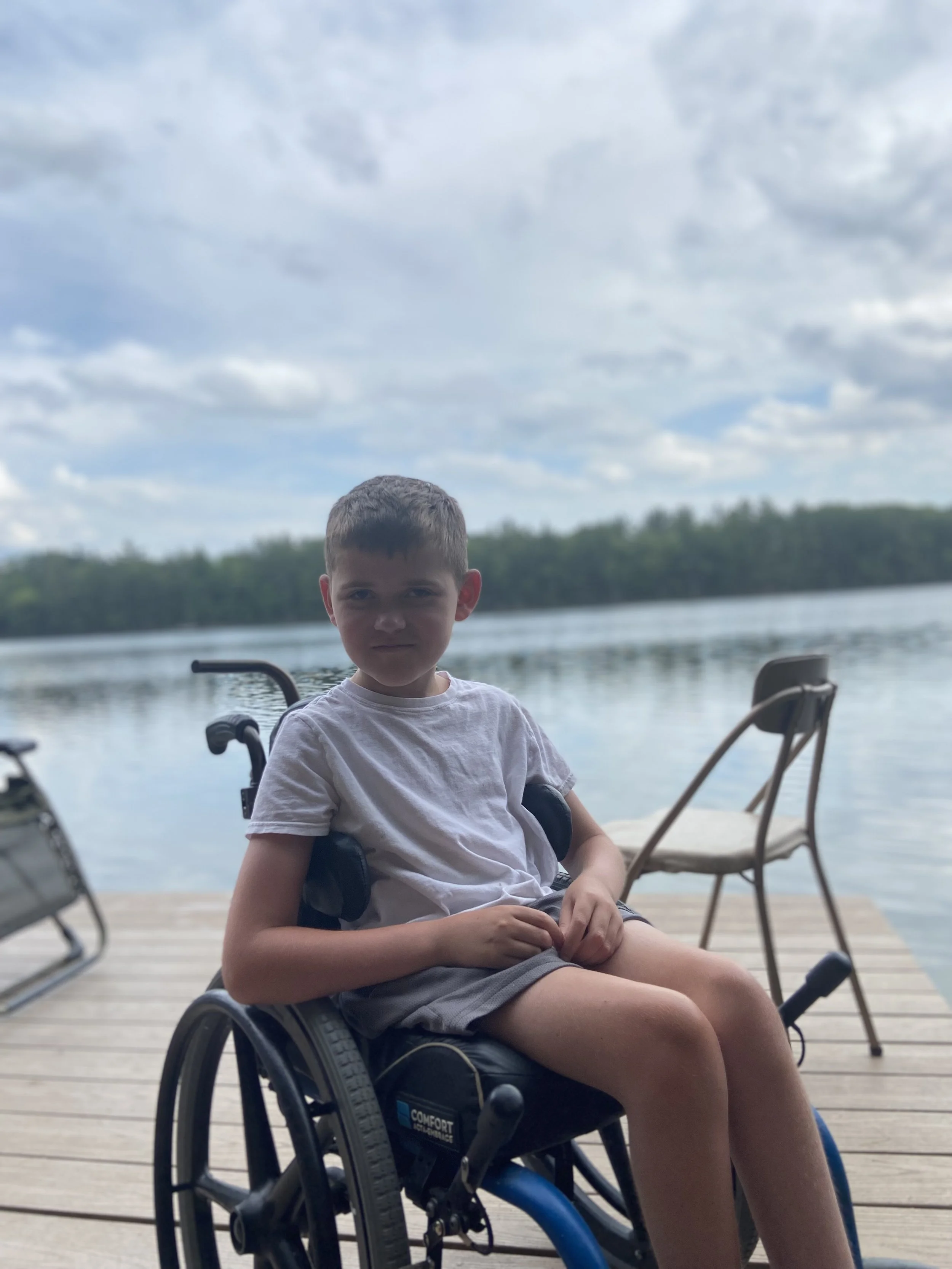
About Us
What began as two families fighting for their daughters' futures has grown into a national movement — one that’s rewriting what’s possible for children with de novo SPG4.
In little more than two years, we’ve united families, scientists, and industry leaders. We’ve hosted three NIH and Boston Children’s Hospital-partnered scientific symposia, launched a global support network, and funded multiple research initiatives — including a gene therapy program now advancing toward clinical trials.
Our most recent fundraiser gathered 130 golfers, over 200 dinner guests, and raised more than $110,000 in a single night.
Today, The Lilly and Blair Foundation is a driving force in de novo SPG4 research, funding, and awareness.
Our Mission
Our mission is to accelerate research toward treatments and a cure for childhood-onset, de novo SPG4 by funding innovative science, connecting families and researchers, and building a future full of hope for those impacted by this devastating disease.
Please join the fight as we work to rewrite the future for these incredible children.
The Faces of Childhood-Onset, De Novo SPG4
Leading the Charge Against De Novo SPG4
We’re not just raising awareness — we’re accelerating treatments.
The Lilly and Blair Foundation is the only nonprofit solely focused on de novo SPG4. We’re leading with urgency, funding research others haven’t touched, and connecting families to the scientists shaping what’s next.
People are turning to us — not just for our story, but for our strategy.
July 2021 - Received diagnoses
August 2021 - Provided blood and DNA samples for NIH study
December 2021 - Enrolled in Natural History Study at Boston Children’s Hospital
April 2022 - Participated in the Inaugural Scientific Symposium on De Novo SPG4 (view the parent perspectives from Chris and Katie)
January 2023 - Formed The Lilly and Blair Foundation
March 2023 - Featured in The Washington Post
June 2023 - Hosted our first annual Golf Tournament and Dinner (view photos and remarks) and led the Childhood-Onset session at the SPF conference
September 2023 - Received 501(c)(3) status
December 2024 - Partnered with NIH to host the Second Scientific Symposium on De Novo SPG4
February 2024 - Interviewed by The Washington Post Live alongside experts from the FDA and Cure Rare Disease
May 2024 - Hosted our first annual 5K Run, Roll, and Stroll (+Play!) raising nearly $5,000.
May 2024 - Fully funded the Baas Lab at Drexel University’s project to develop a new mouse model that will be used to help determine the underlying biology of the disease and test new therapies including ASOs and gene therapy
May 2024 - Launched monthly virtual support group meetings with other SPAST c.1496G>A, p.Arg499His families
June 2024 - Hosted our second annual Golf Tournament and Dinner (view photos and remarks)
July 2024 - Provided $150,000 in funding to Boston Children’s Hospital, UMass Chan Medical Center and the University of Wisconsin to be used toward the first 3 aims of the AAV9 Vector Gene Therapy Project for SPG4
November 2024 – Participated in the UltraGenyx Rare Disease Bootcamp, held in Novato, CA.
December 2024 - Hosted the 3rd Annual Scientific Symposium on SPG4 with Boston Children’s Hospital
February 2025 - Funded The Baas Lab at Drexel University to help them continue exploring ways to restore lost function in children already experiencing symptoms
March 2025 - Funded the Liang Lab at Drexel University to help them continue their research on SPG4 patient-derived hiPSC models.
March 2025 - Invited to speak at the Annual Meeting of TreatHSP and the Tom Wahlig Foundation. View the agenda here.
May 2025 - Hosted our third annual Golf Tournament and Dinner raising $110,000 for childhood-onset SPG4. View photos and remarks.
October 2025 - Hosted our second annual 5K Run, Roll, and Stroll (+Play) raising more than $5,500.
October 2025 - Provided $16,666 to the Baas and Qiang Labs at Drexel University to support priority SPG4 therapeutic development programs and sustain core research capacity.
December 2025 - Hosted our first annual winter fundraiser Play it Forward for a Cure on December 5 at National Harbor
December 2025 - Funded the maintenance of SPG4 large-animal (cattle) model to preserve this critical research resource and accelerate therapeutic development.
February 2025 - Fully funded a NULISA biomarker study at BCH to identify measurable disease markers that will support future clinical trials.
March 2026 - Hosting the 4th Annual Scientific Symposium on SPG4 in collaboration with Boston Children’s Hospital March 25-27 in Boston
Medical Advisory Board
-

Darius Ebrahimi-Fakhari, MD, PhD
DIRECTOR, MOVEMENT DISORDERS PROGRAM AND ATTENDING, DEPARTMENT OF NEUROLOGY, BOSTON CHILDREN’S HOSPITAL; ASSISTANT PROFESSOR OF NEUROLOGY, HARVARD MEDICAL SCHOOL
Dr. Ebrahimi-Fakhari is a child neurologist and neuroscientist with special expertise in childhood-onset neurogenetic, neurodegenerative, and movement disorders. His translational research includes The Registry and Natural History Study for Early-Onset Hereditary Spastic Paraplegia.
-

Ariane Soldatos, MD, MPH
DIRECTOR, PEDIATRIC NEUROLOGY CONSULTATION SERVICE, NATIONAL INSTITUTE OF NEUROLOGICAL DISORDERS AND STROKE (NINDS) AND PHYSICIAN SCIENTISTS, UNDIAGNOSED DISEASES PROGRAM, NATIONAL HUMAN GENOME RESEARCH INSTITUTE (NHGRI), NATIONAL INSTITUTES OF HEALTH (NIH)
Dr. Soldatos' research interests include genomics and clinical trials for rare diseases. She is associate investigator on first-in-human clinical trials including gene therapy for rare childhood neurodegenerative diseases. -

Matthew Elrick, MD, PhD
ASSISTANT PROFESSOR OF NEUROLOGY, THE JOHNS HOPKINS HOSPITAL.
Dr. Elrick specializes in the care of children with neuromuscular disorders, and EMG studies in children and adults. He has special interests in genetic neuromuscular and neurodegenerative disorders and Acute Flaccid Myelitis.
Liz Majewski
Board of Directors
Katie Gregg
Chris Lorek
Stephanie Lorek
Michael Gregg
Industry Partners
The Lilly and Blair Foundation is proud to be part of the NORD’ RareAction Network and the Global Genes Advocacy Alliance, both of which advocate for equitable access to timely diagnosis, treatment, and care for rare diseases. Through these networks, we work to raise awareness, provide community support, advance research, and address the specific needs of individuals affected by rare diseases worldwide, aiming to improve outcomes and quality of life on a global scale.

Together We Can
Time is not on our side, but we hope you will be.














